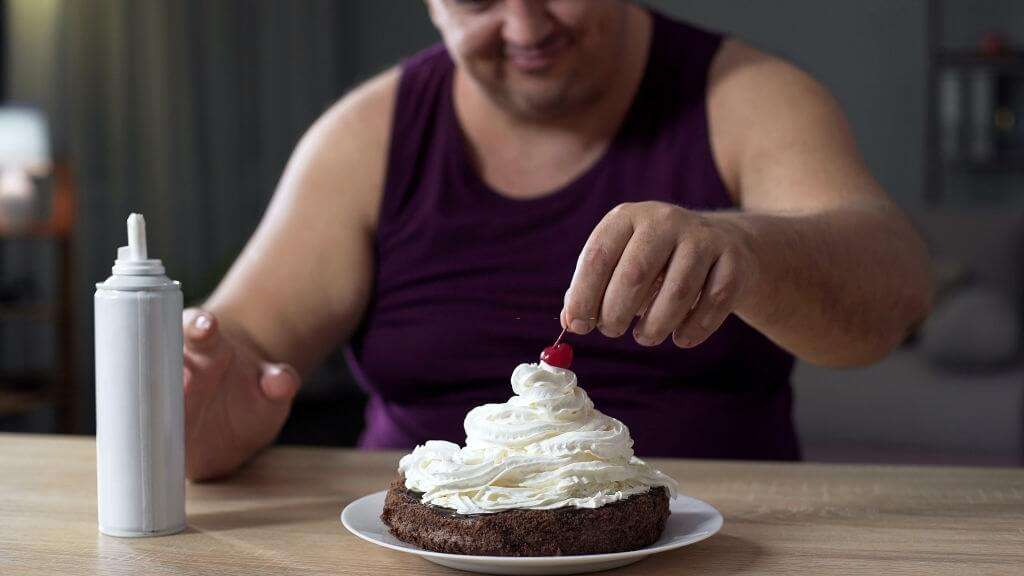As you have probably noticed, some frozen foods come with a “do not thaw” label. Ever wondered why?
There are a few reasons why frozen foods are sometimes marked “do not thaw.” Today, we will explore those reasons and how you can work around preparing frozen foods without thawing. Let’s go!
“Do not thaw” meaning for frozen foods – Why do they say this?
A brand could label food “do not thaw” for different reasons. The first one could be because thawing certain foods exposes the outside to bacteria that grow at room temperature. We all know how freezing keeps germs out of our meals. Well, defrosting could allow them to resume their activities. But, again, this could be potentially harmful to you.
Another “do not thaw” reason is that defrosting compromises the taste and texture of the meal. For some meals, thawing produces added moisture, which makes it less crispy and could very well ruin the meal for you. Frozen foods are prepared such that cooking brings specific results. When you allow it to thaw first, the different parts of the meal thaw differently. You would end up with something less flavorful, less appealing, and inferior quality.
Companies put this label because it is better to do so than just to assume that people already know what to do. Also, they would want you to have the best results possible, hence the need for the instructions.
What does thawing out mean?
“Thawing out” is getting frozen food to a warmer temperature before you start to cook it. It can be done in two ways. First, you could defrost it by leaving it out at room temperature for a while. Alternatively, you could defrost it using a microwave.
How do you not thaw?
Here’s what you should avoid to ensure you do not thaw your frozen meal before cooking it.
First, do not bring it out of the freezer until you are ready to cook. This means that leaving it out on the counter while making other preparations is a no. You guessed it; it would thaw. And we do not want that to happen.
Secondly, avoid placing your food in warm water. It might be tempting to do this, especially when you worry that it might not cook properly without thawing. But hey, resist the temptation. If the manufacturer placed a “do not thaw” label, it is for a reason. Follow the instructions religiously, and your food will turn out just fine.
Thirdly, resist the urge to thaw it out in the microwave. If microwaving is not part of the instructions, then don’t thaw your food in the microwave. You might end up overcooking or burning it when you eventually follow the instructions.
Basically, just cook it frozen.
Read also: Accidentally Thawed Chicken In Hot Water? What To Expect
Why does frozen pizza say do not thaw?
Frozen pizza says “do not thaw” because it is made to be cooked while frozen. Thawing it first could leave you with a soggy or burnt crust, and it might not even rise. If you thaw a frozen pizza first before following the instructions, it will not amount to much. The water in the pizza and the toppings might not even evaporate evenly when you allow it to thaw, and then your pizza ends up cooking unevenly.
The science behind this is quite simple. Thawing it makes the instructions incorrect. Following incorrect instructions would undoubtedly affect the quality of your meal. On the contrary, when you throw it into the oven frozen, it gets the chance to cook evenly, and you are much more likely to get a perfect pizza.
If something says cook from frozen, can you defrost?
Well, you can. But you shouldn’t. We say you can because it is your meal, and ultimately you decide how you want to prepare it. But, if it says “cook from frozen,” it is because the meal has been designed to get the best results when you cook it while it’s still frozen.
You could decide to thaw it out and then cook it for a shorter time (as many people have tried doing), but that rarely ends well. And it is seldom worth it to compromise the quality of the meal. So following the instructions is your best bet!
Why do frozen vegetables say do not thaw?
Generally, this is done to prevent consumers from contracting food-borne illnesses. Food items, including vegetables, are frozen to prevent germs from growing. And as we mentioned earlier, bacteria grow at an alarming rate at room temperature.
Allowing your vegetables to thaw could expose you to this. This makes it unsafe to leave them thawing in your fridge for extended periods. Basically, the label is there to protect you from food poisoning.
Can I eat thawed frozen vegetables?
No, you can’t. Fresh vegetables that went into the freezer are still fresh even after thawing them, so eating can expose you to many infections. To enjoy frozen vegetables, make sure you clean them properly first and then cook them if there is a need to do so. To eat them thawed, you should have been able to eat them before they were frozen. If that is not the case, then don’t.
Are frozen carrots good for you?
Frozen carrots are actually perfect for you. Certain vegetables are best eaten frozen, especially vegetables that are high in fat-soluble nutrients. So it might actually be more nutritious for you to eat carrots when frozen than when fresh.
Is fresh broccoli better than frozen?
While it may be hard to believe, broccoli is better eaten frozen than fresh. Frozen broccoli has 400% more beta-carotene than fresh broccoli! Generally, frozen vegetables can be better for you than fresh vegetables.
This is often because vegetables are harvested and frozen at peak freshness, thus locking in all the nutrients. Fresh vegetables tend to lose much of their nutritional value (and sometimes flavor) during the stress of packaging and transporting before you finally get to eat them.




